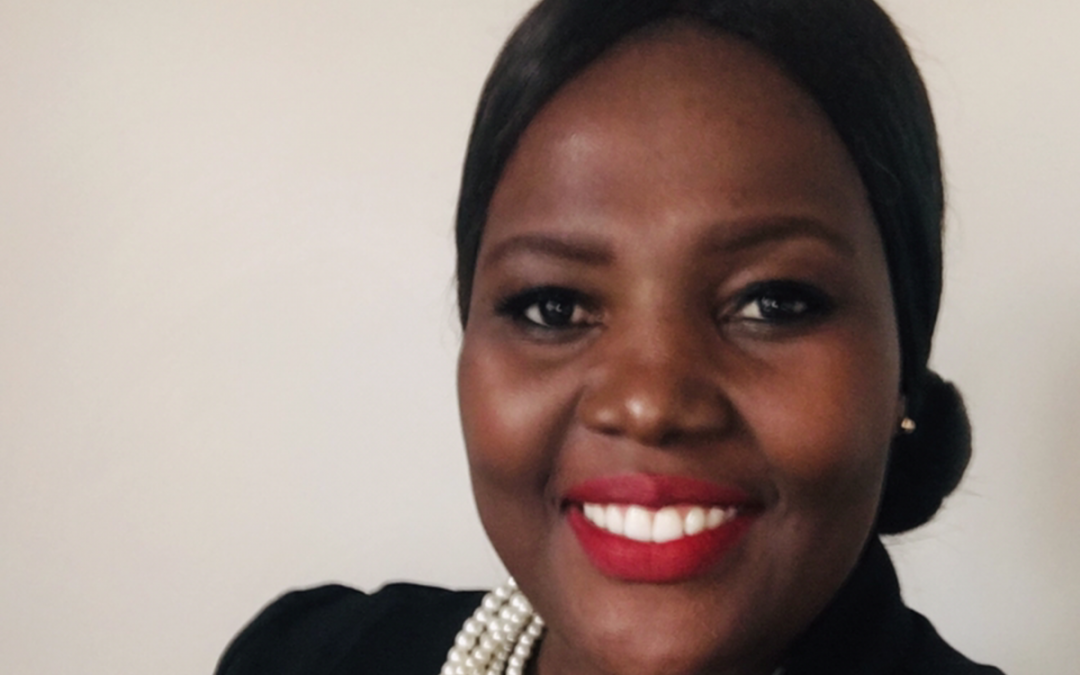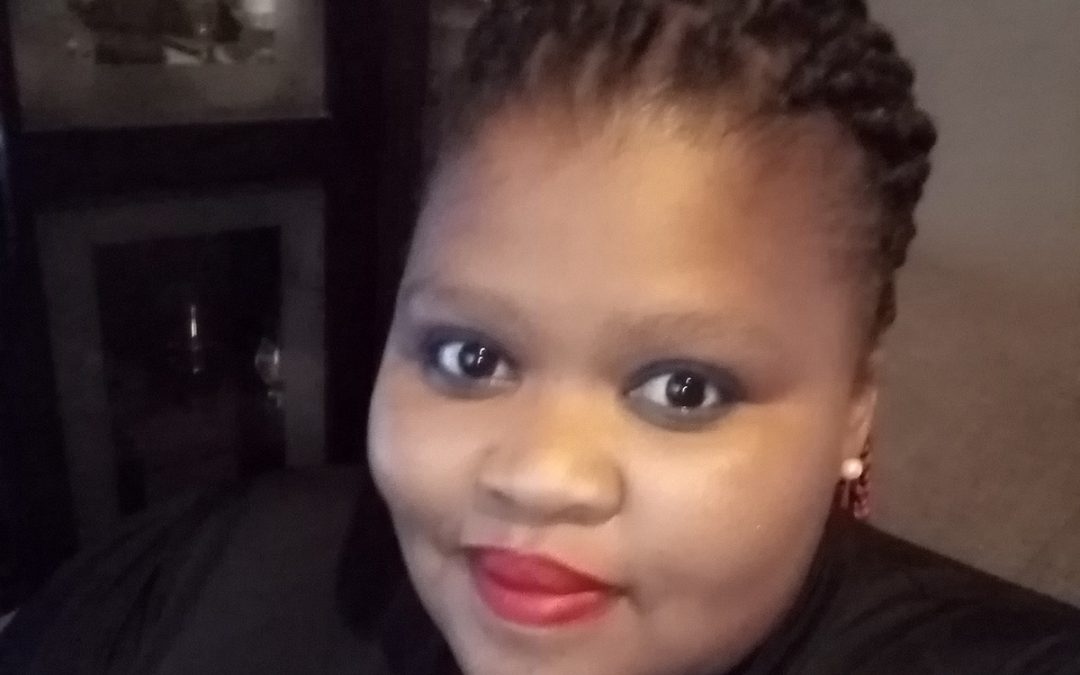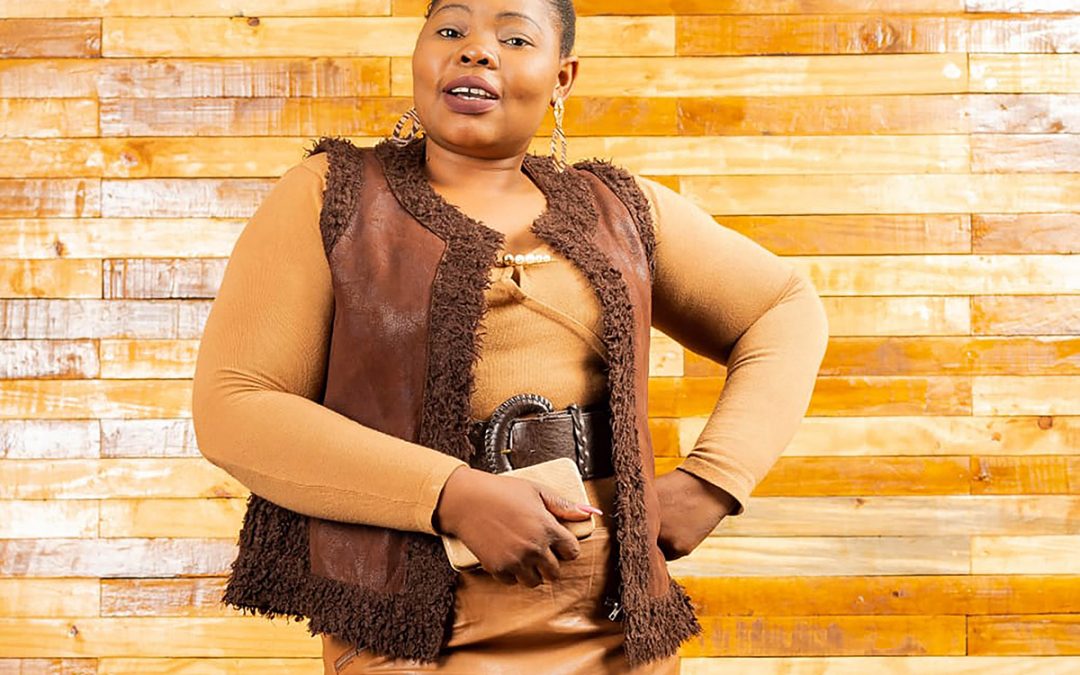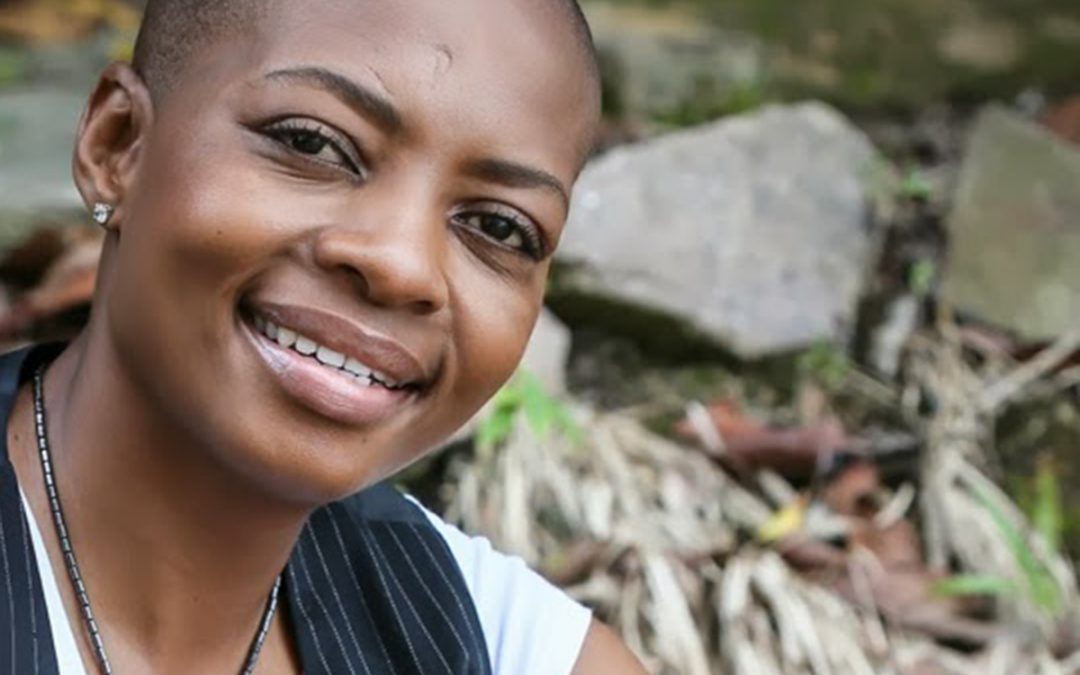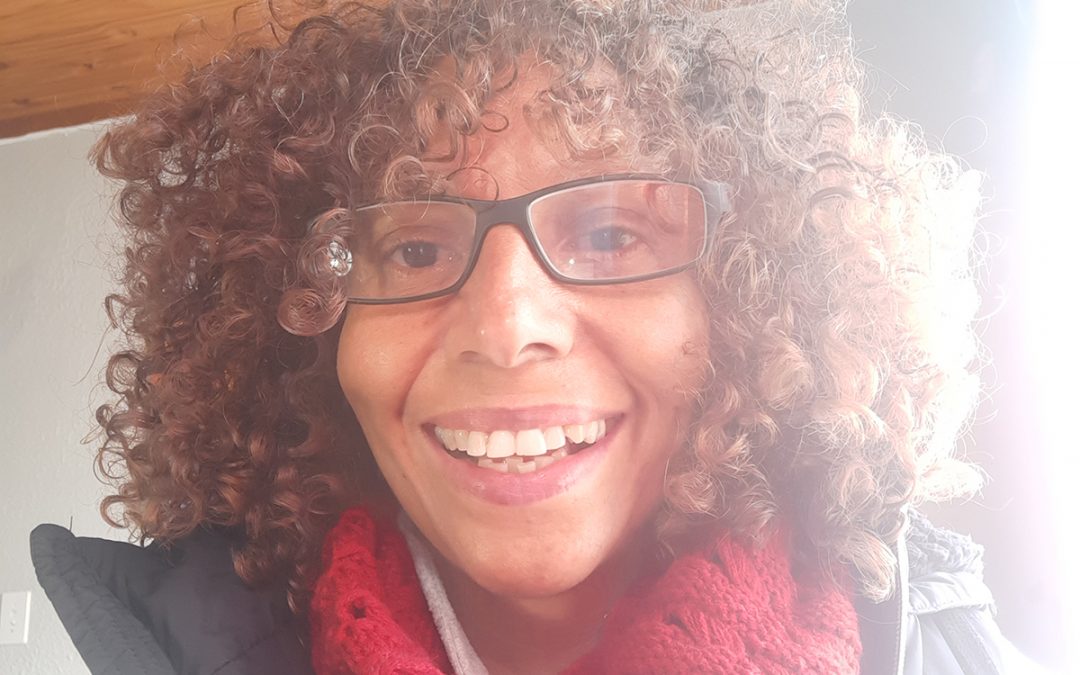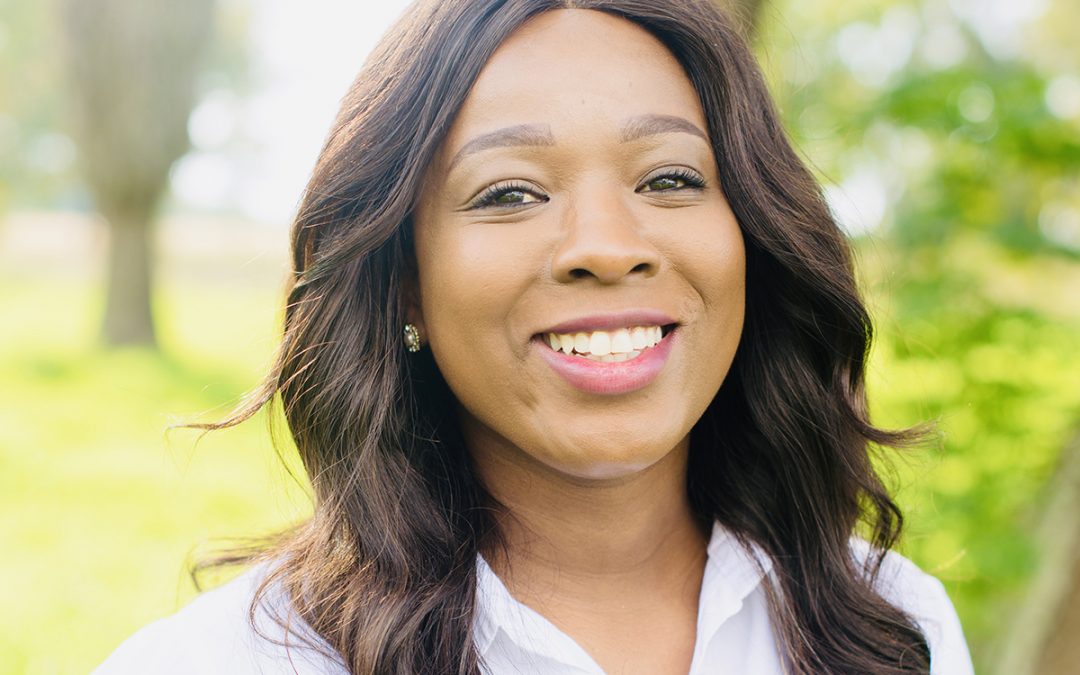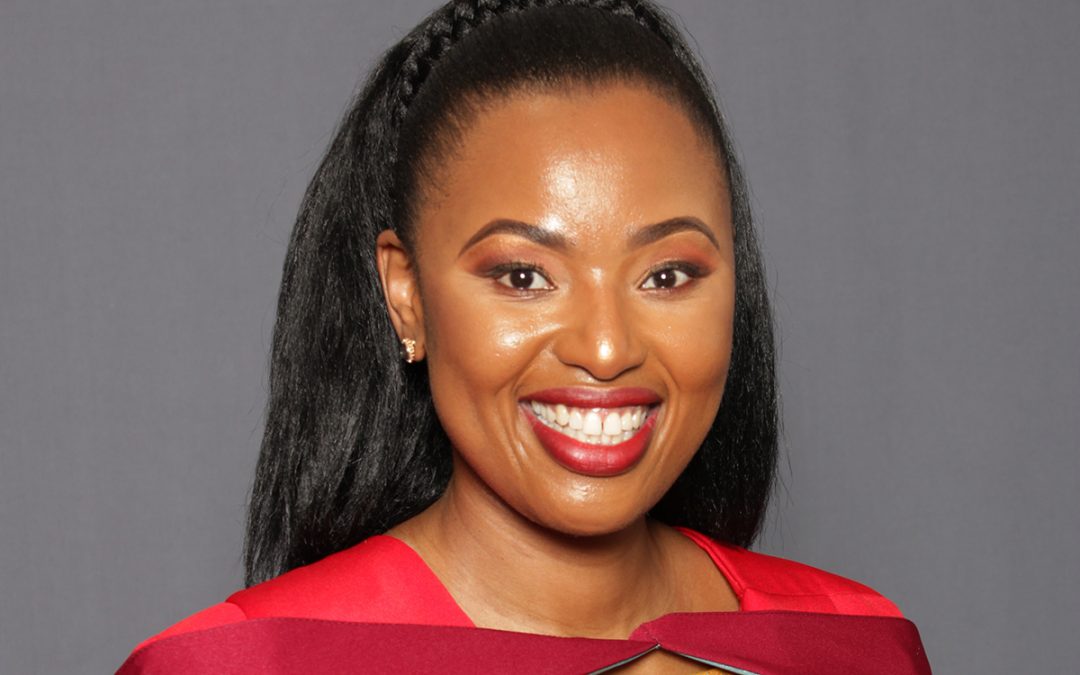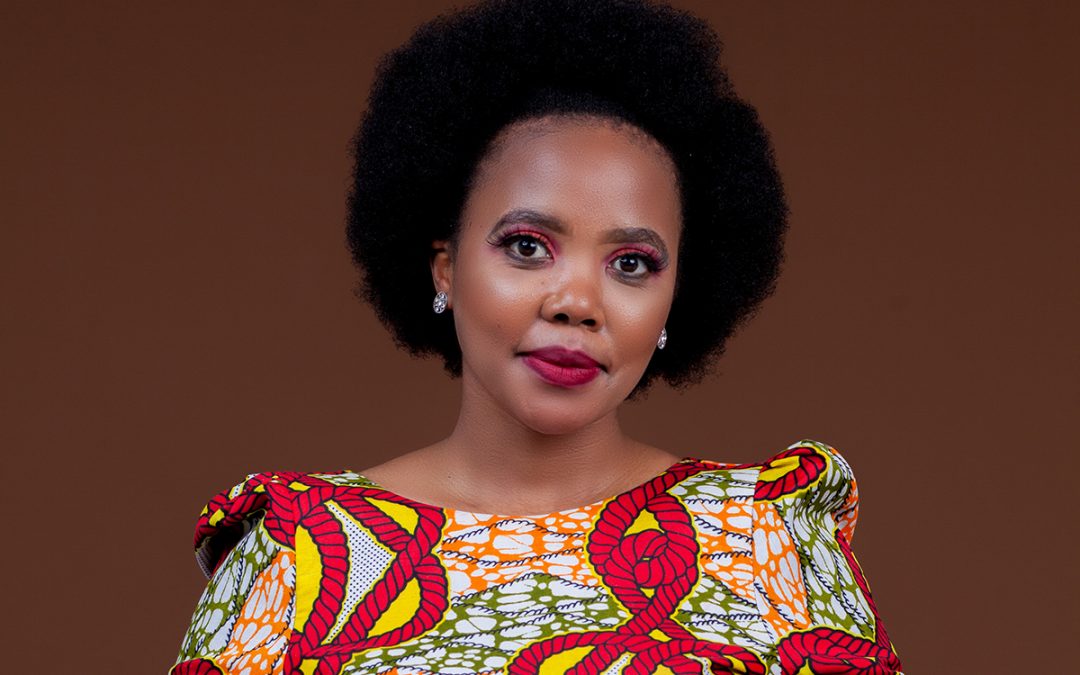From a young age, Phina Kodisang has always had an inclination to help others and contribute to society. She shares this with her family who she says has always extended themselves to the community. “My home is a ‘go-to’ when there are issues in the community, be it an ill person needing help, parents needing advice on how to handle their children, or any kind of support. This has shaped how I engage with people generally. I engage from a position of respecting every person and always wanting to make life better for them in whatever way I can.”
Kodisang became a teen mom at 19, but did not allow that to define or limit her future. Instead she went on to acquire a master’s degree from a university in the UK and has held positions with organisations such as World Vision, the Ndlovu Care Group, and the Wits Reproductive Health and HIV Institute before joining Soul City, where she is now the chief executive officer.
When Kodisang first came to Soul City, she was offered the position of monitoring and evaluations manager. Eight months later, she was appointed executive head of programmes, which is where she demonstrated her leadership abilities. “So when the CEO position became vacant, many colleagues, including the former CEO, encouraged me to apply as they believed I had what it takes to be the next CEO and here I am.” She describes her current role as chief executive of Soul City as her greatest career achievement to date, and says it inspires her to want to learn more, to be innovative and lead by example.
“The work of Soul City is very inspirational. The organisation has remained relevant to issues facing the different generations through its different programme offerings, be it the work we do in TV, radio, social media or print media. We are able to reinvent ourselves as an organisation,” says Kodisang.
A great example of some of the recent inspirational work Soul City has done is the show It’s a Feminist Thing. It is an eight-episode talk show that was broadcast on SABC and is now available to watch on YouTube. “We wanted to produce something that will document and publicise feminism and why it’s needed.” Kodisang says “I learnt so much about my own politics as a woman during the shooting of the eight episodes. I had to interrogate my own privilege as a cisgendered, educated, middle-class woman and how easy it is for me to collude and be complacent with patriarchy because some women don’t enjoy the same freedoms I get to enjoy because of my positionality.” She says each episode challenged the status quo in a way that was unapologetic and unique to all presenters and guests. There are also plans to produce a follow-up season.
When asked about the legacy she hopes to build and leave behind in her career, Kodisang says “I want to be remembered as a woman who inspired others. A woman who does not celebrate having a seat at the table but one who creates space for other women to be at the table both in my personal and professional spaces.” She says she wants to be celebrated as one of the women who contributed to the dismantling of patriarchy. “The majority of black women in our country suffer triple oppression, by virtue of them being women, black and poor. This oppression must be confronted at a political, social, cultural and religious level, and I want to be among those who bring this system down, for the generation that will come after me.”
“I want to see many more black women achieving greatness, not being apologetic for wanting more, wanting better and claiming positions and spaces — without the threat of violence hanging over their heads or discrimination putting them at a disadvantage.”


